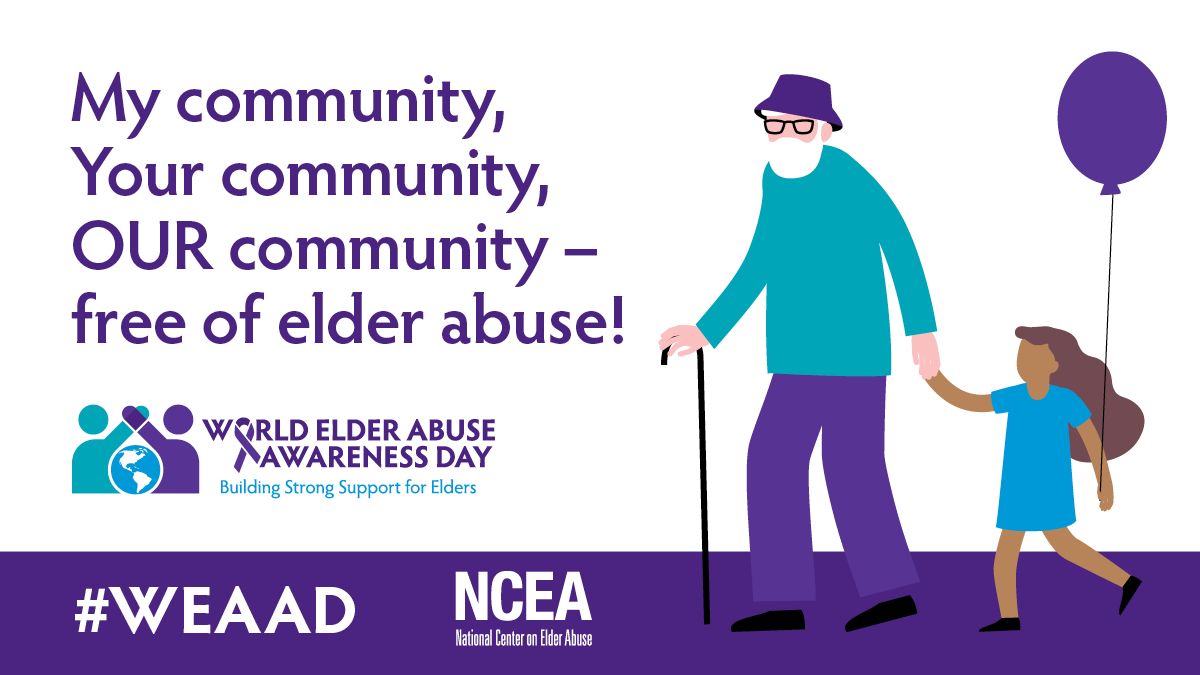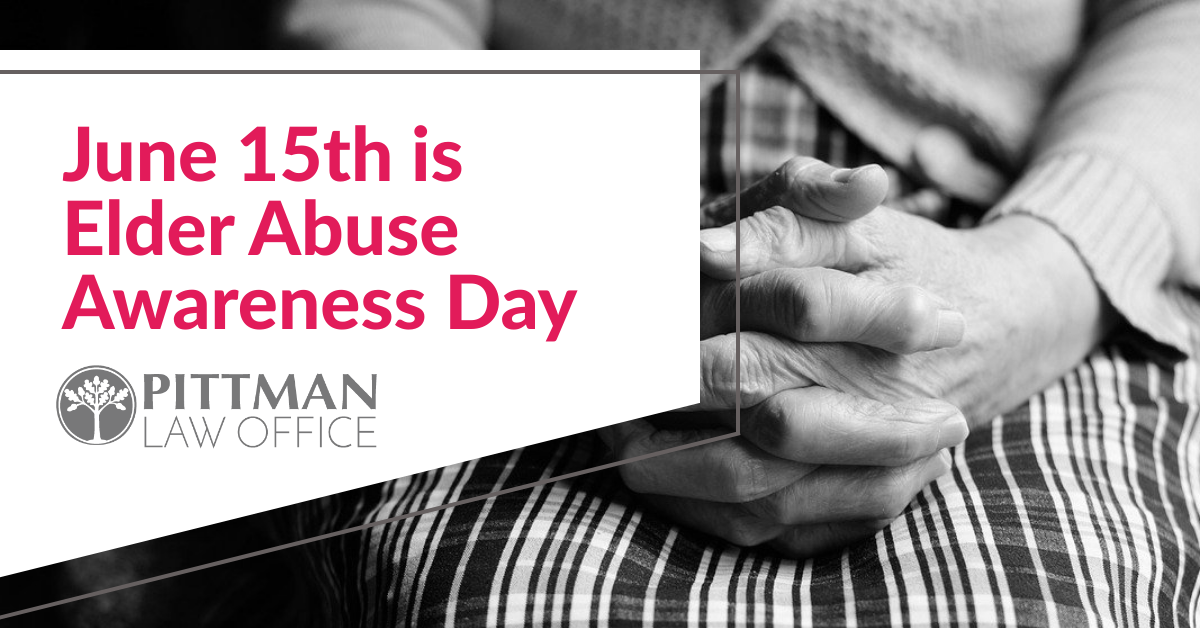June 15th is Elder Abuse Awareness Day and your friends at Pittman Law Office invite…
What is care management? By definition it’s a set of activities intended to improve patient care and reduce the need for medical services by helping patients and caregivers more effectively manage health conditions.
Keep reading to learn the top things you need to know about care management. It’s important to have a plan in place for caregiving!
Top Things to Know about Care Management
Vetting Caregivers
One of the questions you want to ask is: why should we hire you as a caregiver? Listen carefully to a person’s answer so that you can hear the following:
- Do they have a passion for their profession?
- How many years’ experience do they have?
- Are they trained in CPR, first-aid, AED, etc.?
You’ll also want to ask a potential caregiver how they would handle a situation if your parent, spouse, partner, sibling, or child becomes critical. Make sure they tell you:
- The outcome of the situation.
- What they learned from it.
- What they would do differently, if anything.
You’ll also want to find out if your potential caregiver has:
- A nursing degree.
- Nursing assistant certification.
- Medical assisting degree.
- Other credentials.
Ask many open-ended questions and get references, too.
Handling Family Member Caregiver Burnout
Caregiver burnout may be caused by one or more of the following:
Unrealistic expectations – As a caregiver, especially if you’re a parent, partner, sibling, or spouse, you may expect a positive result quickly. But this may not be the case with certain illnesses. And the person you care for has free will. They may want to give up.
Role confusion – As a caregiver, especially if you’re a parent, partner, sibling, or spouse, you may not be able to separate the roles.
Lack of control – You can’t control everything in life. You may become frustrated by your lack of skills, financial resources, and more.
Unreasonable demands of yourself – You may place too high of expectations on yourself causing you to become discouraged if things don’t work out the way you thought they would.
Ignoring signs of burnout – You may disregard your emotional swings or tiredness, which may lead you to become sick.
Symptoms of caregiver burnout may include:
- Irritability.
- Calling in sick.
- Loss of interests in activities.
- Changes in appetite and sleep.
- Feelings of despair.
- Emotional and physical exhaustion.
- Feelings of wanting to hurt oneself or the person being cared for.
To avoid caregiver burnout, acknowledged that you (or your caregiver) can’t do everything and will need help. Contact home health agencies because they can provide you with assistance. Or you may want to hire private health care aides. Find a local chapter of the Family Caregiver Alliance and get support!
Having a Plan for Aging in Place
Do you have a plan for aging in place? If not, you may want to think about putting one together right now. Why? Because more than 30 million households provide care for an adult over the age of 50 – this figure is expected to double in the next 25 years. The need for eldercare will become as common as childcare. So what can you do? Consider the following for care management:
- Gather your family and have a serious talk about caregiving. You may even ask your attorney and financial advisor to be present.
- Think about creating a team. Being a caregiver may wear you out. Consider having 2-3 people who’ll act as caregivers.
- Consider the needs of the person who may need caregiving. Get their input and respect their wishes. They may have different ideas than you. It’s their life!
- Make a plan, but stay flexible. Life happens and things may change. While it’s good to have a plan, you’ll want to stay open and make adjustments where necessary.
The most difficult part about care management is implementing your action plan. Make sure you have support and the tools you need to make it as smooth and seamless as possible.
Do You Have a Plan for Care Management?
If your parents are getting older, you’ll want to think about their care management. Of course, you may also want to think about yours as well because one day you may need someone to become your caregiver. In fact, you may want to think about including a healthcare directives and Durable Power of Attorney in your estate plan, if you don’t already have one.




